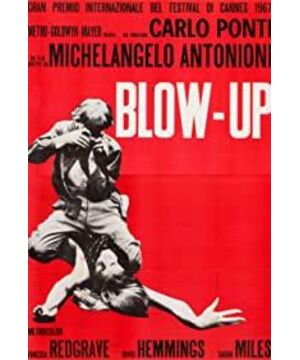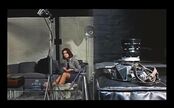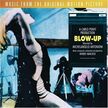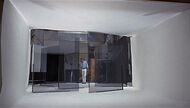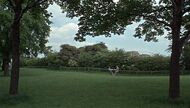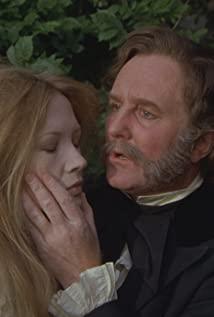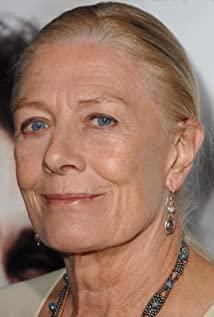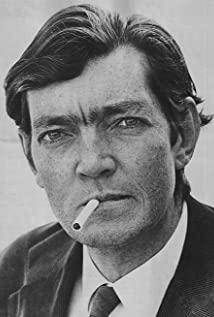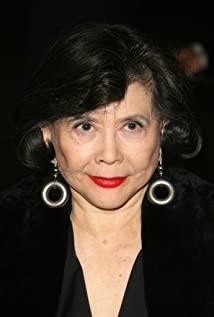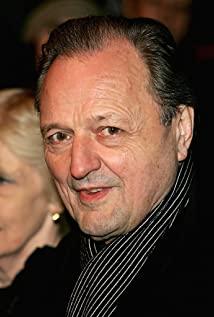At first glance, I didn't feel much about "Zoom", because for me the truth and illusion and agnosticism he discussed were clichés in Western philosophy. Dai Jinhua shares the same view with me, but she also emphasized that the achievement of a true artist lies not in the fresh ideas and philosophy he can contribute but in how he can use the medium. Expression is the re-creation of opinions. Let me see how Dai Jinhua understands Antonioni’s re-creation.
Dai Jinhua believes that Antonioni is a lyric poet in what Benjamin calls the advanced capitalist era. He has two images with strong personal imprints: one is a deserted city or an abandoned neighborhood, that is the image of Antonio in your future world. One is a small or boring space, eager to abandon all of this, go to a distant place or completely change their life.
Later, Dai Jinhua talked about the meaning of language in this movie (still speaking from Antonioni's color). She believes that the park is the so-called peaceful land in people’s social and cultural coding, which made Thomas think about the murder that happened before his eyes. Turn a blind eye, instead mistake it for a love scene. And his camera removes the camouflage of the lawn green, thus forming the opposition between the black and white and color worlds of the internal and external spaces. This is an important mode of visual language narration in the film.
What's inside? It's Thomas' studio. It's black and white, and he has an attitude of dominating everything. On the outside, that lawn, he was full of anxiety and uncertainty. The camera connects the inside with the outside.
Dai Jinhua explained the meaning of the film's enlarged name: After repeated enlargement, the photo is no longer a identifiable image, and it cannot identify any reality.
Dai Jinhua mentioned the media reflexivity of this film. “Modern art is about the medium itself, a self-referential art.” According to Clarke’s “kindness” between film and photography, this film is also Talk about yourself. It’s just that in this movie, its understanding of itself is not "recovery of the material world" (Kracauer), but instead has become one of the ways to shatter reality. A barrier to reality.
Another theme of the film is voyeurism. In the black and white colors inside, Thomas is a voyeur. In real life outside, he is a voyeur. Antonioni arranged the scene of Thomas being watched and violated by strangers, but he did not express it. Relevant narrative meaning. It expresses a kind of violence and aggression in which modern western society is peeping at each other.
View more about Blow-Up reviews


